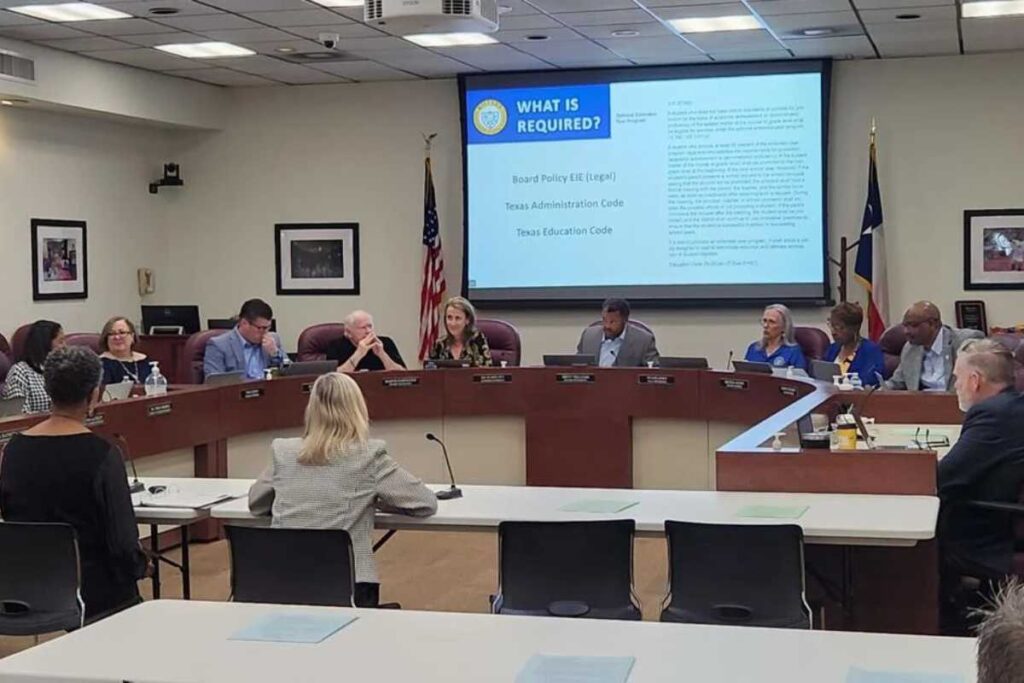Program Effectiveness Under Scrutiny Summer Learning Program
During a workshop meeting on Tuesday, the Killeen Independent School District (KISD) Board of Trustees raised concerns about the effectiveness of its Summer Learning Program. Discussions were sparked when Trustee Oliver Mintz questioned whether the program was mandatory, prompting a deeper evaluation of its impact and return on investment.
Deputy Superintendent Jo-Lynn Crayton presented a two-year comparison, revealing that in 2023, the district allocated $2.3 million for elementary-level interventions, serving 2,153 students. Of the 666 students requiring promotion assistance, 463 successfully advanced after summer learning, with 70-78% passing English and math in the first nine weeks of the new school year. In 2024, the budget decreased to $2 million for 2,055 students, with 326 of 734 eligible students advancing.
Enrichment programs, aimed at students not needing remediation, also played a role, engaging 1,799 elementary students with the support of 195 teachers and additional staff across seven locations. Courses offered included Algebra Readiness, Emerging Writers, welding, and STEM programs. While the initiative provides valuable academic support, trustees debated its effectiveness and potential areas for improvement.
Board Questions Program Viability
Board Vice President Susan Jones highlighted a key concern—the low promotion rate. She calculated a 44% success rate, calling it “staggering” and suggesting the program might need an extended duration beyond its current 15-day structure. However, Crayton warned that extending summer learning could lead to teacher shortages and lower student attendance.
Mintz continued the discussion by questioning the program’s financial efficiency, noting that only one in three students achieved the desired credit recovery outcome. He estimated that total costs, including transportation and facility expenses, could exceed $5 million. He argued that the district should either significantly reform or discontinue the program altogether, citing discipline issues and poor attendance as major hurdles.
Trustee Tina Capito also pointed out that some students who struggle with discipline and attendance during the regular school year carry these issues into the summer program, reducing its effectiveness. She questioned whether the district should continue investing resources into students who do not actively participate or engage in learning.
Moving Forward with Policy Changes
As the discussion concluded, Superintendent Jo Ann Fey acknowledged the board’s concerns and emphasized the historical significance of the Summer Learning Program for at-risk students. She requested time to research and provide data-driven recommendations for improvement.
Board President Brett Williams urged the trustees to establish clear policies ensuring that attendance and behavior expectations are met. He emphasized that students who fail to meet these standards should not be rewarded with continued access to district-funded programs.
Addressing parents directly, Williams stated, “If any family has an issue with us saying, ‘We need your child to be present, accountable, and behaving,’ I don’t think that’s unreasonable.” Moving forward, KISD leaders plan to re-evaluate the program’s structure to better align with student success and fiscal responsibility.

